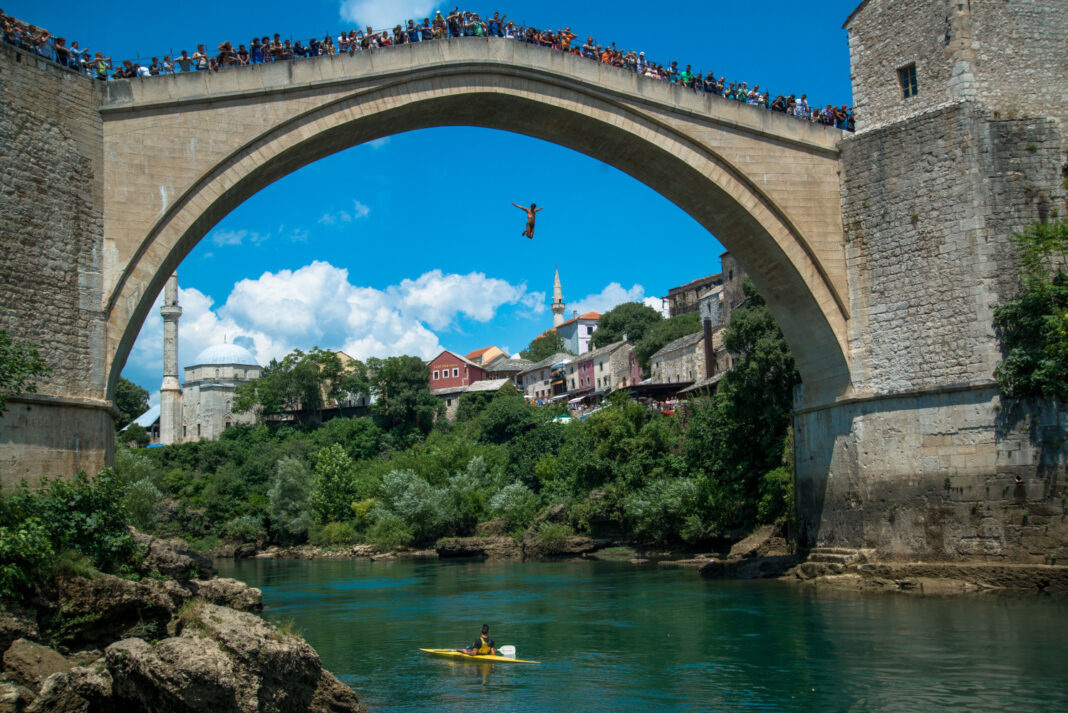Bosnia and Herzegovina, like all Balkan countries, has a diverse cultural, historical and religious heritage, and the speech you will hear there is far from unfamiliar compared to the rest of the Balkan Slavic language family.
Yet for most people, this remains an unfamiliar country. We all associate it with the horrors of war, which has undoubtedly left its deep wounds.
But life there continues, and today many people are rediscovering Bosnia and Herzegovina both because of the interesting history and the picturesque nature.
And because of its proximity, it is very likely that sooner or later you will be tempted to go there, it is important to know some rules for communicating with local people.
See what you should do and what you should never do when you are in Bosnia and Herzegovina.
What to do
– If a Bosniak offers to do you a favor, accept kindly and gratefully. Foreigners can often be cautious and skeptical when someone offers to help them, especially if they do not know them well. Try to recognize the gesture as a sign of local hospitality and show gratitude.
– Try to talk about the regions and regions of the country with the greatest possible accuracy. Provincial identity is important to people. For example, it is better to talk about someone from the south as a Herzegovinian than a Bosniak. But keep in mind that it can be difficult to hit a person’s birthplace, as many people have fled during the war and may not be able to return to their homelands.
– Expect people to ask you direct questions about age, marital status and children when they meet you, informs Cultural Atlas.
– Expect Bosniaks to have heated debates in public, especially on politics. Try to stay calm and don’t worry that these conversations can turn into quarrels. Bosniaks in general are very expressive, especially when they talk about something they are firmly convinced of. These discussions happen often and rarely end in bad feelings.
What not to do
– Avoid being too tight on money and time around Bosniaks, especially in social situations. Those who do not show generosity soon gain a bad reputation.
– Do not accuse a Bosniak of doing something wrong, especially in front of other people. They can be very sensitive when condescending remarks are made to them.
– Avoid expressing opinions about the causes and course of the war in Bosnia. A particularly sensitive topic is to discuss the participation of each ethnic group in the war.
– Avoid equating Bosnian culture with post-communist Eastern European countries or believing that there is heavy Soviet influence there.
– Do not pressure the locals to tell you their ethnicity if they are reluctant to do so. Also, if they have not already shared this information, it is best not to ask such questions unless you have a close relationship with that person.









